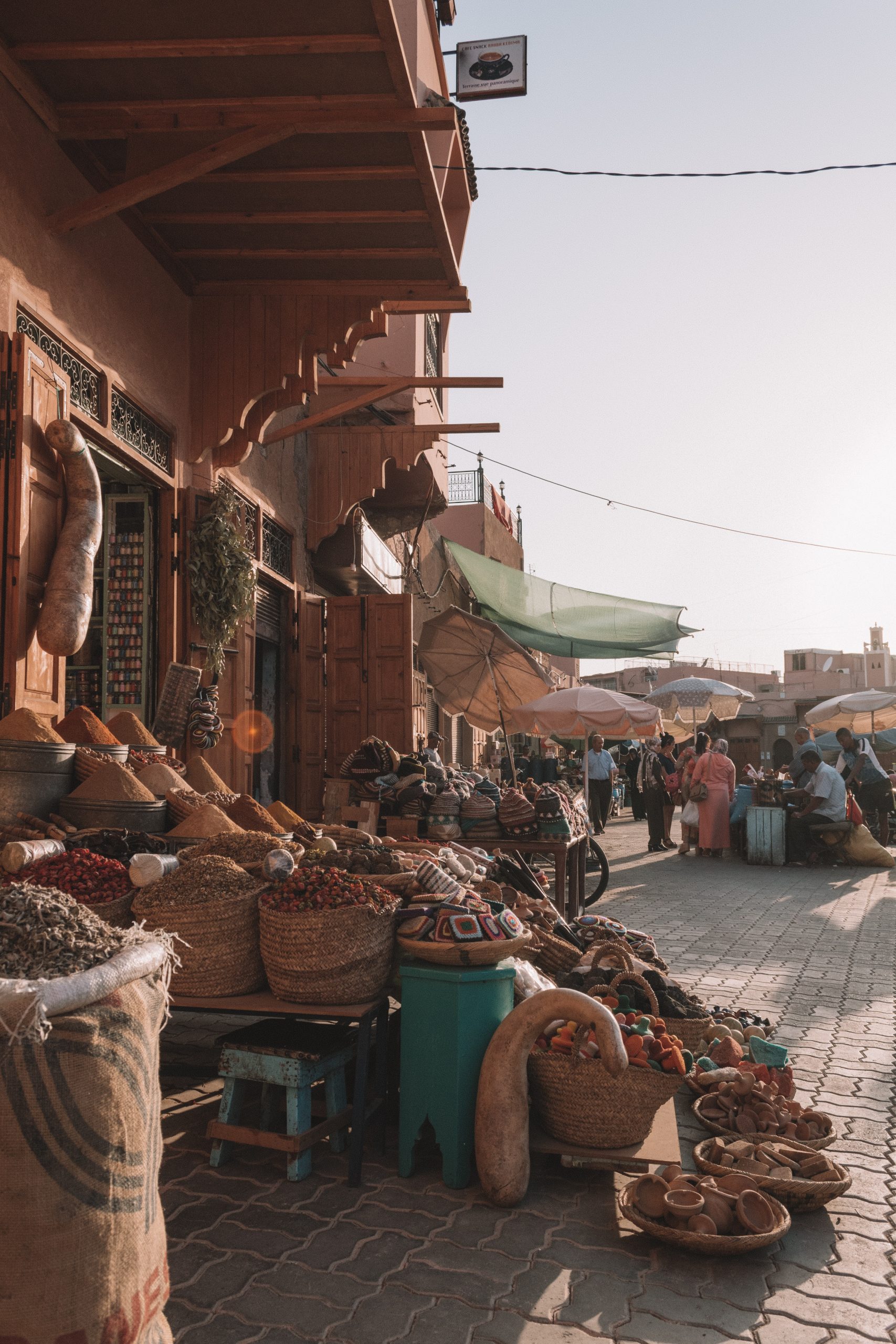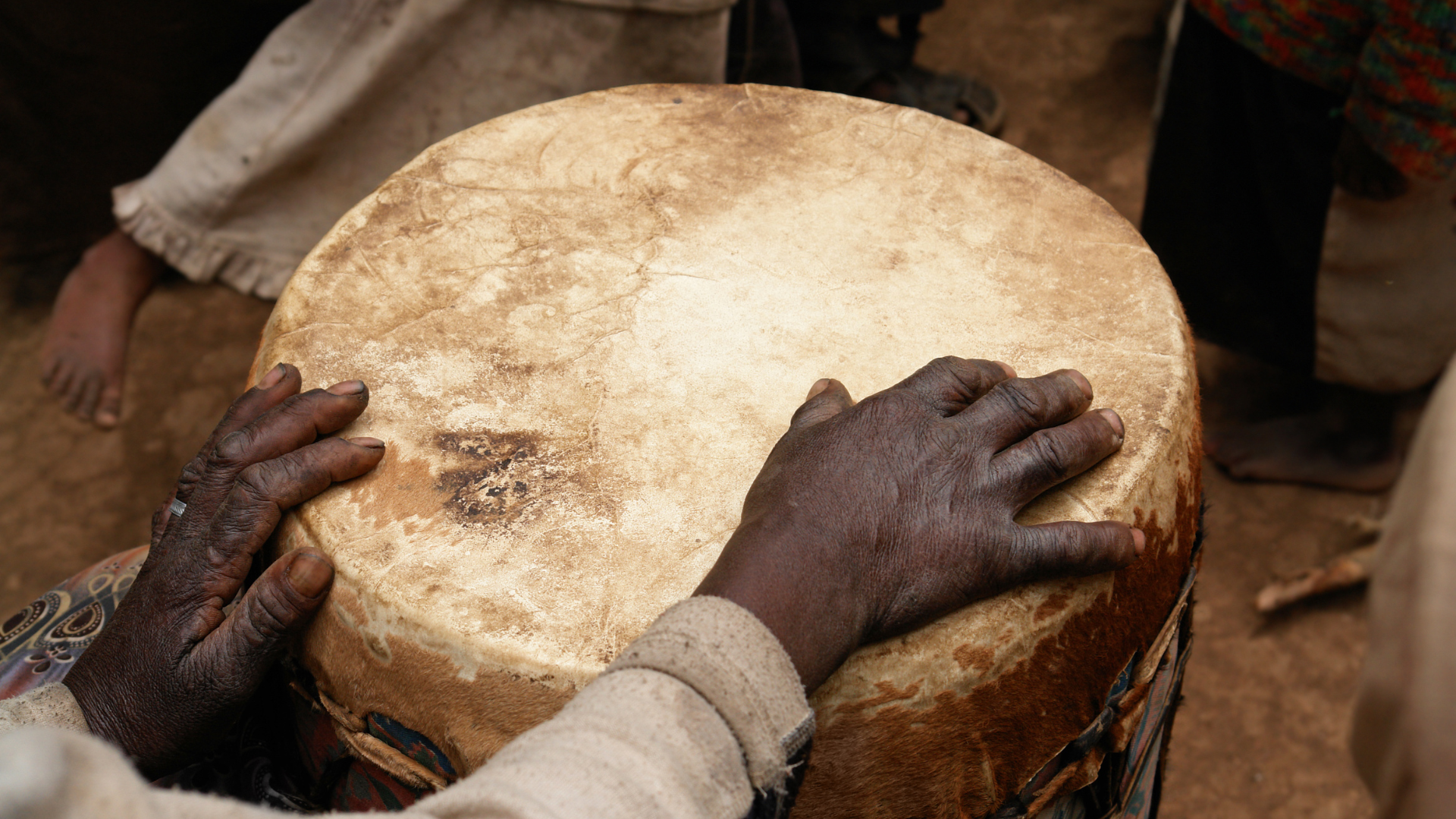AIDN’s core ethos is ‘more’ and ‘better’ global giving and we seek to foster an environment for the discussion and exploration of how we define these terms in an ever-changing international development ecosystem. Alongside our events, webinars and resources, The AIDN Beat is a key way to achieve this goal.
However, at AIDN we are aware that ‘better’ and ‘more’ are evolving and subjective terms. We are also deeply committed to amplifying diverse voices. Consequently, we accept submissions to The AIDN Beat – so that our dynamic network can shape the discussion too. If you would like to submit content for The AIDN Beat, then we would love to hear from you. Get in touch with us (via hannah@aidnetwork.org.au) and we will share our editorial guidelines.
The AIDN Beat strives to keep up with the rhythm of the international development sector and cover a broad range of subjects: from innovative development financing, to leading case-studies of programs on-the-ground, to the need for a genuine commitment to localisation.
Each month subscribers of AIDN receive an email where we’ll share recent pieces from The AIDN Beat, alongside curated pieces from other international development platforms and provide a recommendation for a relevant text, film or podcast.
If you’re are not currently signed up to receive The AIDN Beat or our newsletter, you can do so by filling in the form below.
Sign Up
NEWS & RESOURCES
Latest Stories and Developments
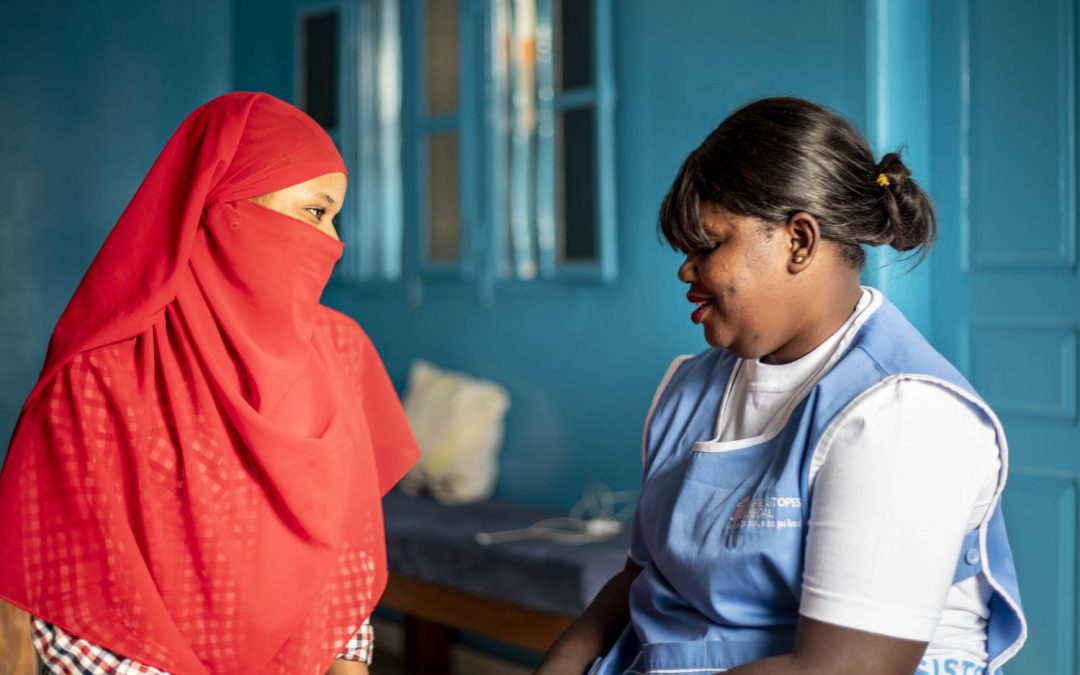
Why we will not betray women and girls (and where we go from here): MSI Asia Pacific.
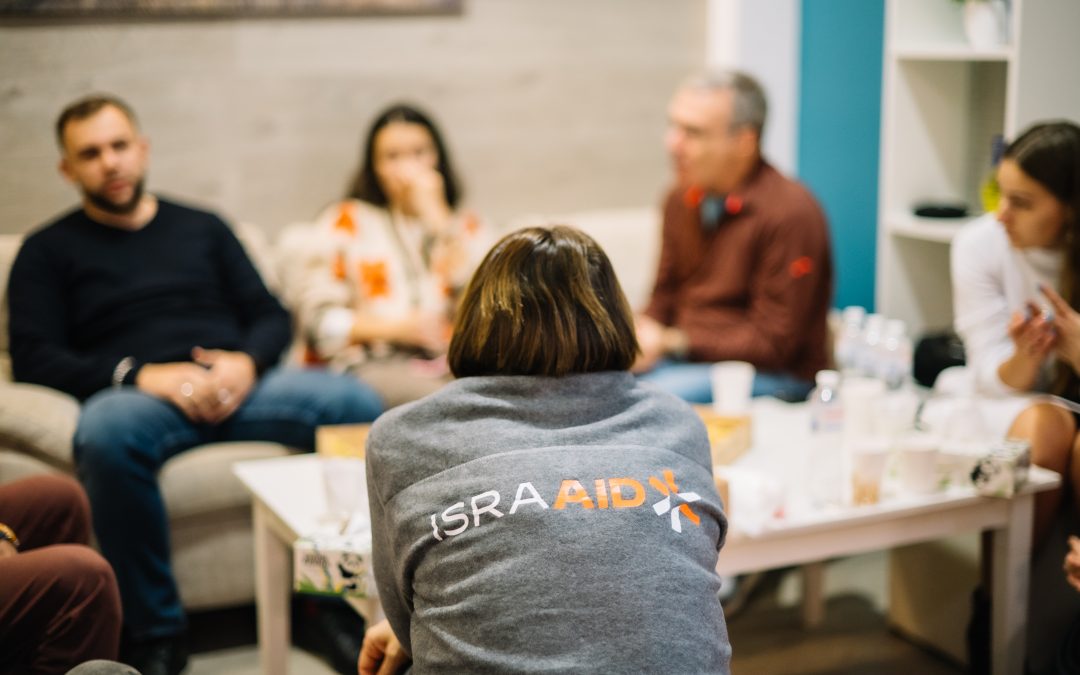
The 65 page barrier between funders and NGOs.
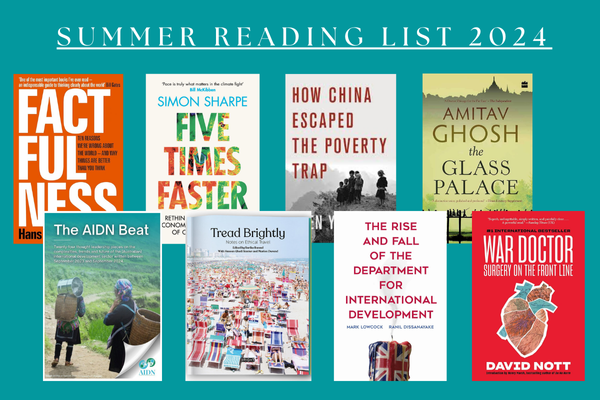
AIDN’s Summer Reading List 2024.

Why I do what I do (along with many other people I respect and admire).
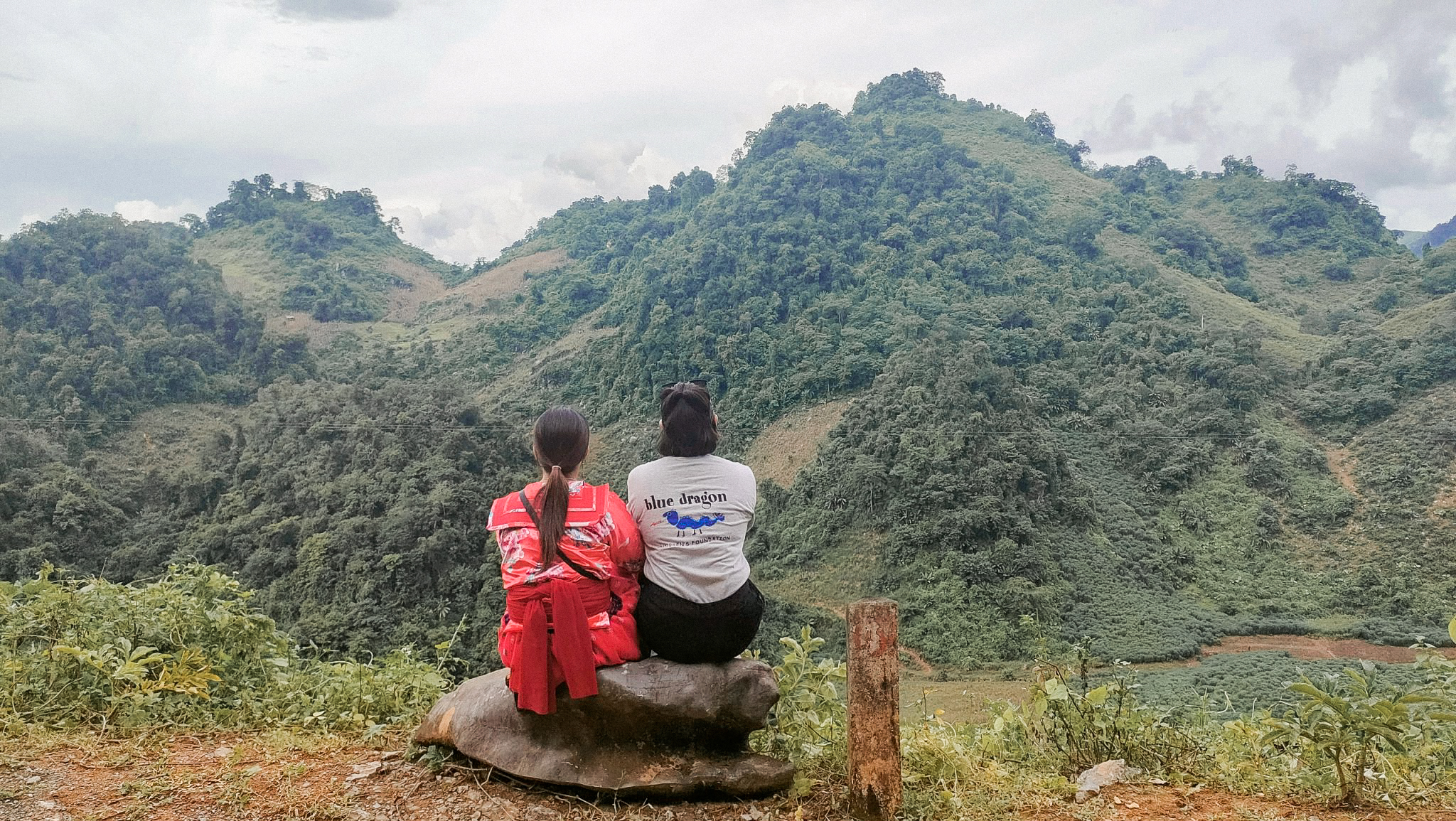
Swimming to end human trafficking: The power of individual fundraising.

Beyond cupcakes: why engaging young men in gender equality initiatives, such as IWD, is key.
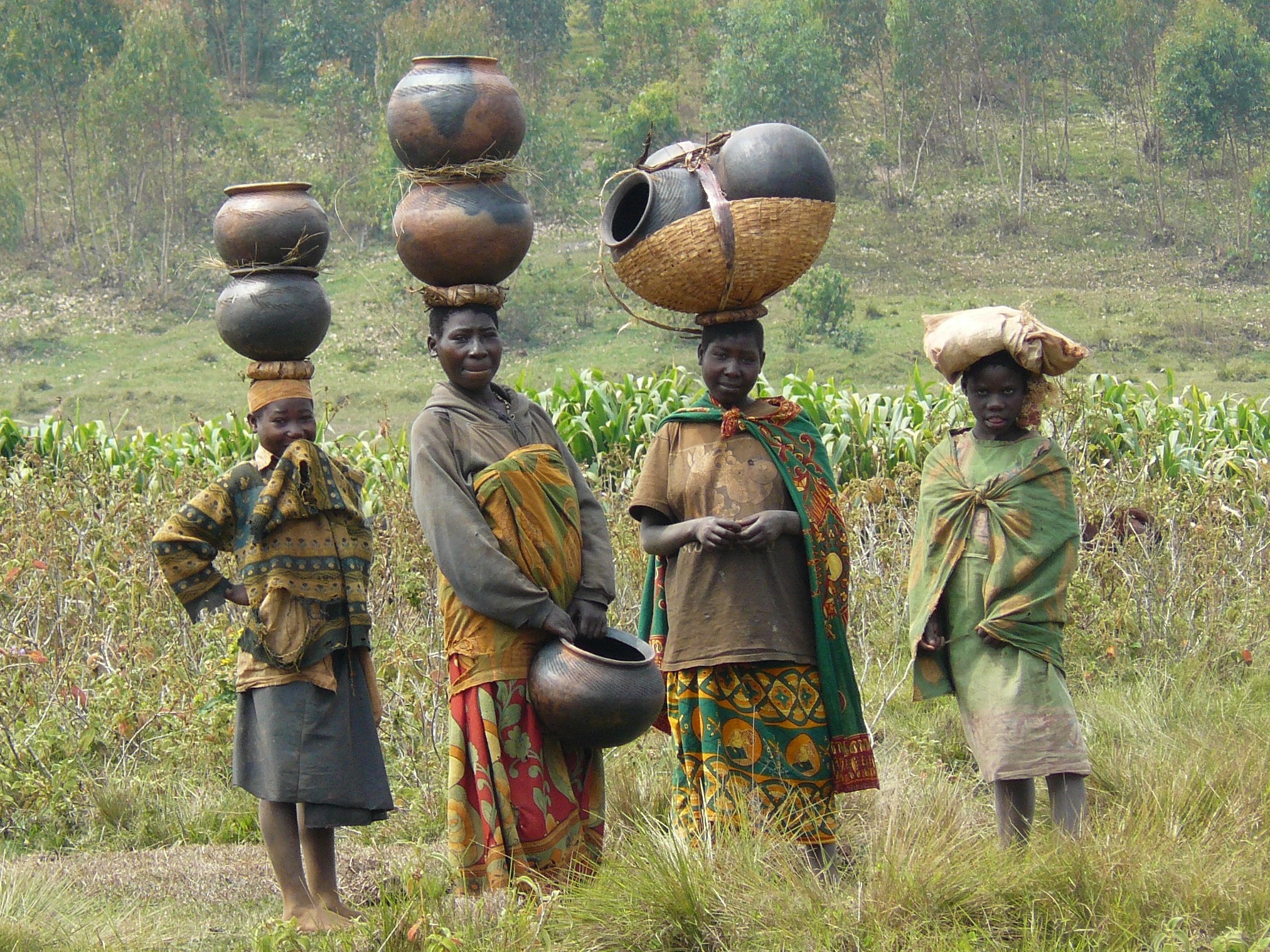
For conservation efforts to move forward we must center Indigenous voices and take a human rights-centric approach.

Navigating complexity: the moment that defined how I conduct impact evaluations globally.
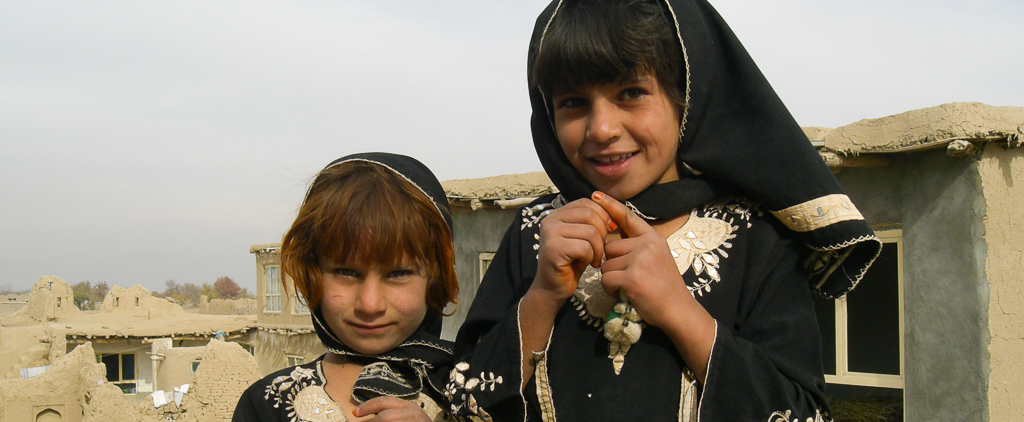
Women and girls are facing unprecedented hardship in Afghanistan, but international development organisations can play an important role in continuing to fight for their access to education.
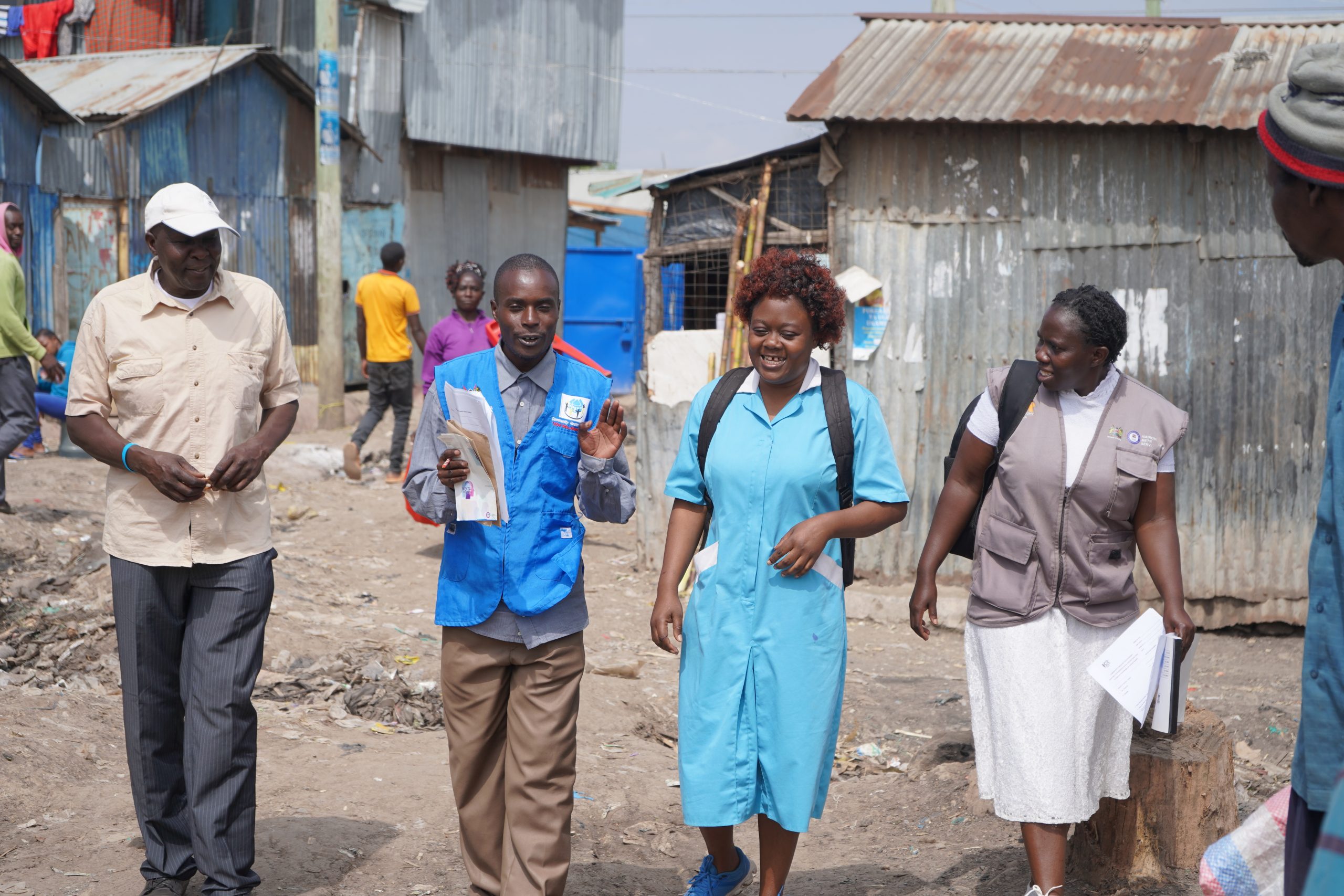
Field catalysts: driving large-scale change through radical collaboration.
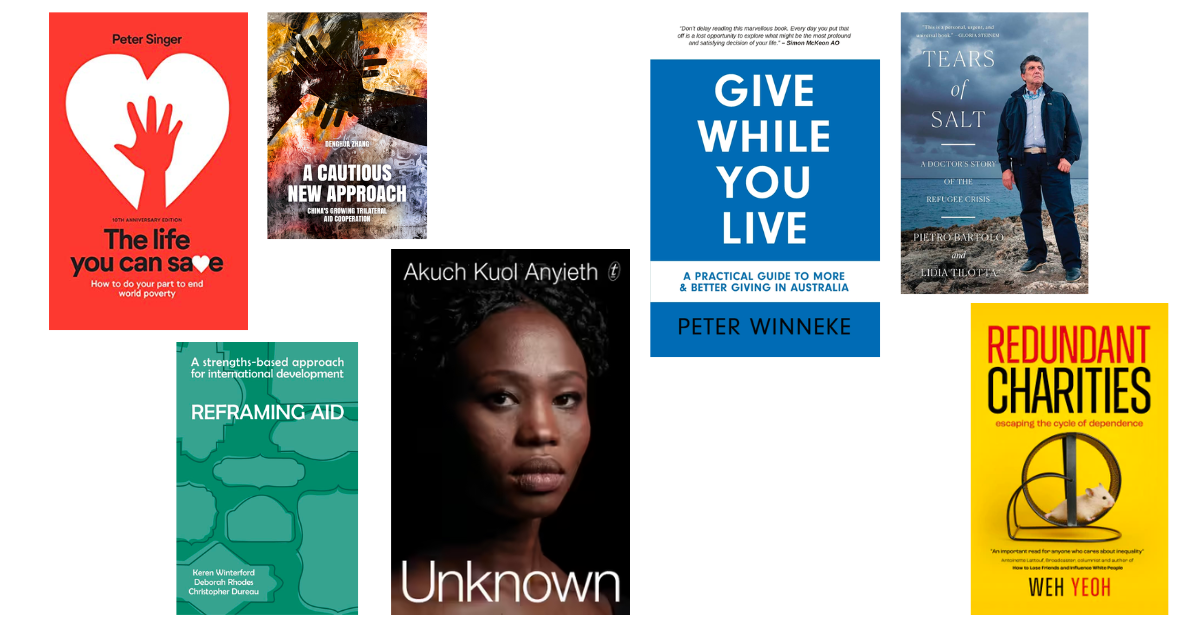
AIDN’s summer reading list 2023
